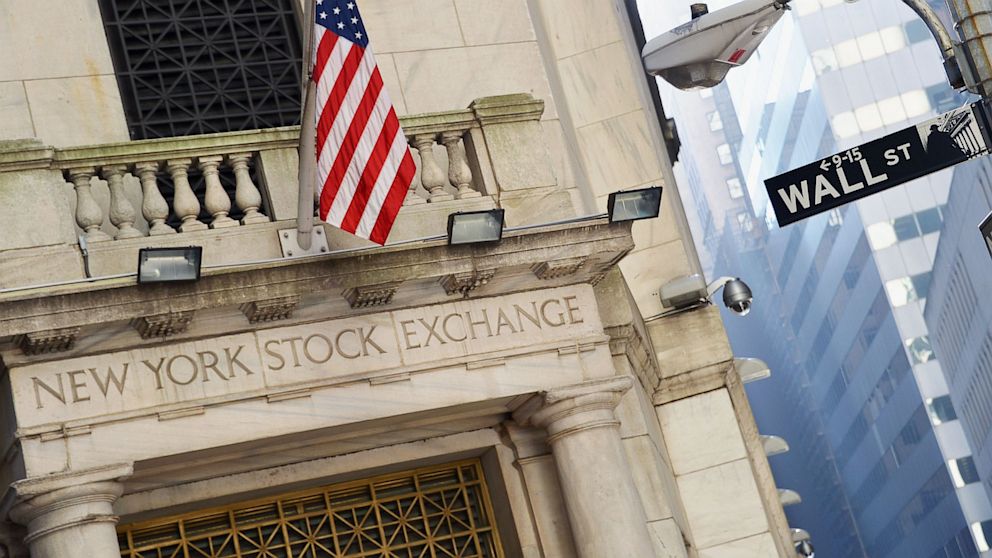Wall Street Can't Influence Tea Party to End Shutdown, DC Watchers Say
Can Wall Street influence the Tea Party to end to the government shutdown?

Oct. 10, 2013 — -- The government shutdown is bad for business, bad for the economy and bad for your 401(k). So why aren't the politicians listening to the overwhelmingly negative sentiments of Wall Street and the big-business lobby? After all, business titans like Goldman Sachs CEO Lloyd Blankfein and JP Morgan's Jamie Dimon have managed to get their way on financial regulations before Congress, so why can't they break the log jam and get government reopened?
Even with numerous lobbying groups calling for an end to the government shutdown, lawmakers are still at an impasse centered on the Affordable Care Act and the debt ceiling limit.
Lawmakers aligned with the Tea Party are holding out to squash if not delay for a year, the individual mandate of the Affordable Care Act, while President Obama said he would remain open to a short-term increase in the debt ceiling.
Wall Street and business efforts to persuade the Tea Party to end the shutdown have thus far been tepid and ineffective. Part of the reason may be that the Tea Party faction in the House has proved to be an immovable object.
"The only way that Wall Street can influence the Tea Party is by putting their money where their mouth is and selling stocks," Douglas Elliott, a fellow in economic studies with The Brookings Institution and former managing director with J.P. Morgan, said. "Congress would notice a 500 or a 1,000 point decline in the Dow."
Read More: Government Shutdown's Fiercest Feud: Boehner vs. Reid
Even then, Elliott said, the "real impact" would be felt by persuading Republicans in the House who are not die-hard Tea Party members that they have to push House Speaker Boehner to pass an increase in the debt limit.
"The more radical members of the Tea Party just do not see the world as the rest of us do," he said.
The vast majority of investors believe a failure to increase the debt limit would be a "disaster," but most of them believe, including Elliot, "that even our Congress is not stupid enough to force a default," he said.
"So you have the ironic situation that many are looking at the stock market to tell them whether action is necessary, yet the market signal will not come as long as the market thinks Congress will do the right thing in the end," Elliott said.
Dean Clancy, vice president for public policy at Freedomworks, which he describes as a grassroots advocacy network aligned with the Tea Party, agrees that Wall Street could do little to sway the Tea Party.
"I don't know if Boehner could be influenced by Wall Street, but I know the Tea Party would not be," Clancy said. "There really is a wide gap of world views between Wall Street and the Tea Party."
As K Street may be losing its hold on the GOP because of the Tea Party, Clancy said, "business interests are losing influence at the moment."
"So a Wall Street approach to the Tea Party is unlikely to be persuasive, because they come from such different perspectives," Clancy said. "Business wants certainty. The Tea Party wants policy change."
Clancy points out that the Tea Party arose in part as a reaction to Wall Street bailouts in 2008. He notes that "nobody can really speak for the party," which he calls a "spontaneous leaderless movement."
Clancy says the Tea Party has been "essential" in persuading the Republican Party to focus on spending and healthcare.
"The Republican Party won't be able to end the shutdown without the Tea Party, without risking a real disappointment in the grass roots movement," he said. "In a sense, the Tea Party has taken control of the steering wheel of the car and the Republican Party can't proceed without consulting the Tea Party."




